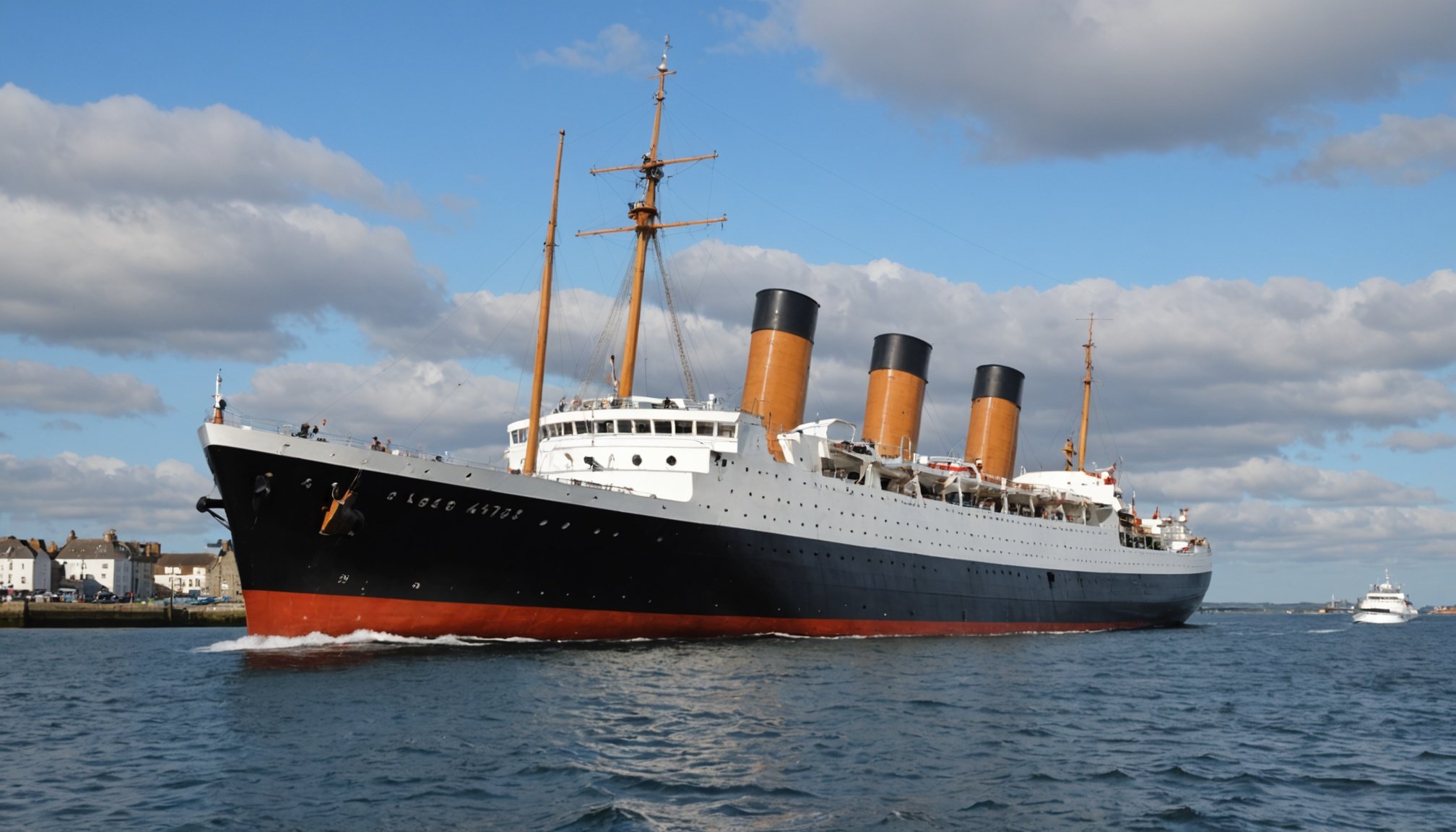Overview of British Maritime Law History
British maritime law has a rich tapestry of history that underscores its historical significance not only in Britain but around the globe. The colonial era marked a pivotal shift, shaping maritime legislation as nations engaged in trade and territorial expansion. These key historical events laid the groundwork for contemporary legislation. One landmark moment was the Navigation Acts of the 17th century, which helped to consolidate Britain’s maritime dominance.
Furthermore, the development of the Merchant Shipping Act has been instrumental in evolving British maritime law, reinforcing legal structures essential for trade and commerce. The introduction of this act ensured compliance with international standards, reflecting both the adaptability and the enduring influence of maritime laws.
Also to read : Discover Britain’s Maritime Heritage: Best UK Spots for Engaging Historical Tours
Today, maritime law remains integral to the UK’s legal system, regulating activities ranging from shipping and navigation to marine insurance and salvage operations. Its historical importance continues to be reflected in modern times; British policies set an influential template for international maritime regulations used globally. Understanding this history is crucial in appreciating the law’s current role in safeguarding international trade routes and maritime operations.
Top UK Spots for Maritime Law Guided Tours
Discover the rich narratives tied to British maritime law by embarking on fascinating guided tours across the UK. These excursions offer a window into the historical significance and evolution of maritime legislation.
Also to discover : Discover the Best UK Spots for Unforgettable Guided Tours Exploring the Rich Tapestry of British Fashion History
London
London boasts several prime attractions steeped in maritime law. One must-see is the National Maritime Museum, which provides insights into Britain’s naval history and its legislative impacts. Guided tours typically last around two hours and cost approximately £15, with expert guides enhancing the experience with valuable knowledge. Visitors often praise these tours for their insightful presentations and engaging storytelling, providing a deeper understanding of maritime law’s role in shaping British history.
Liverpool
Liverpool’s maritime intrigue lies within its historical docklands and the Merseyside Maritime Museum. These sites reveal the city’s pivotal role in trade and maritime law development. Special features of guided tours often include behind-the-scenes glimpses into Liverpool’s rich shipping legacy, offering expert commentary on the city’s contribution to maritime legislation. Participants frequently highlight the tours’ ability to connect complex legal concepts to tangible historical events, making learning both enjoyable and informative.
Understanding the Structure of Maritime Law
British maritime law comprises a complex legal framework that ensures orderly conduct in maritime activities. It encompasses several key components, including conventions, statutes, and customs that have been shaped over centuries. The legal framework of maritime law includes the regulation of shipping routes, marine insurance, and the management of shipping companies. Enforcement is carried out through a combination of national authorities and international maritime organisations, ensuring compliance with both domestic and global standards.
Several esteemed educational institutions in the UK offer specialised programs focused on maritime law, providing students with a comprehensive understanding of its structure. These programs delve into topics such as international trade, environmental regulations, and dispute resolution. Graduates often emerge as knowledgeable professionals ready to impact the maritime industry.
In practice, maritime law operates through a well-defined process wherein legal statutes are enacted by the Parliament and interpreted by the judiciary to address specific maritime issues. This structure enables the adaptability and resilience of maritime law, maintaining its relevance in evolving global circumstances. Understanding this legal framework is essential for anyone engaging with maritime industries, ensuring informed and compliant operations.
Practical Tips for Tourists
Exploring maritime law locations offers unique insights into British history. Proper planning ensures a worthwhile experience, particularly when engaging with guided tours. Consider the best times to visit. Typically, spring and early autumn provide favourable weather, avoiding larger tourist crowds. Booking in advance guarantees spots on popular tours, especially during peak seasons.
When navigating these key sites, consider utilising public transport for convenience. London’s extensive transit system simplifies travel to attractions like the National Maritime Museum. For areas like Liverpool, consider local bike hire schemes to explore the historic docklands efficiently.
Visitor guidelines often suggest wearing comfortable clothing and shoes, as many tours involve walking. Check the tour details for specific requirements or recommendations for bringing water and snacks. Contact tour operators about special needs or group bookings for a personalised experience.
For those keen on further research, recommended resources include visiting local libraries for maritime archives or accessing online databases. Many tourist centres also offer insight into maritime law’s historical significance, enhancing educational value during your visit.
Expert Insights and Contributions
British maritime law has long benefitted from the wisdom and expertise of industry professionals and legal scholars. These experts play a crucial role in shaping and refining maritime legislation to keep it relevant amidst changing global dynamics. Their insights ensure that maritime law addresses contemporary challenges effectively.
Legal scholars contribute through ongoing research, providing robust frameworks that inform policy-making and legislative updates. Prominent educational institutions frequently invite these professionals to engage with students, offering seminars on complex legal principles within maritime law. Such interactions enrich educational programs, providing students with invaluable real-world perspectives and case studies.
Tour guides at maritime museums and historical sites also share their expertise, translating intricate legal concepts into engaging narratives for visitors. They highlight the historical evolution of maritime law, underscoring its enduring significance.
The contribution of maritime law experts extends beyond academia and tourism. They actively participate in symposiums and workshops, fostering discourse on best practices and future trends in maritime legislation. This collaboration between scholars, educators, and professionals is paramount in enhancing the UK’s legal and maritime industries, facilitating informed decisions across the field.











